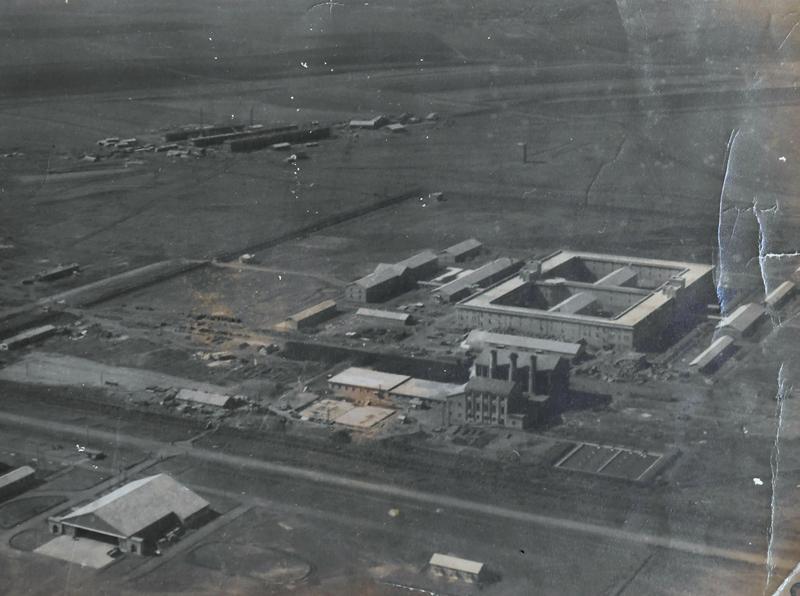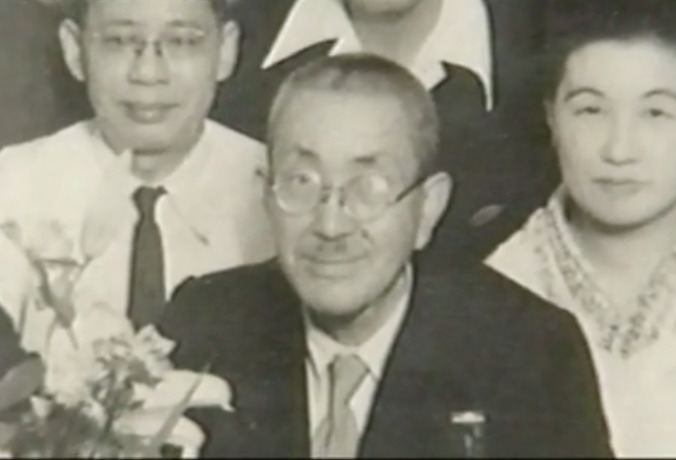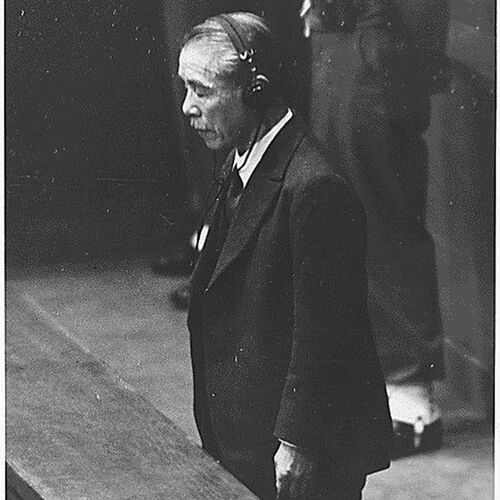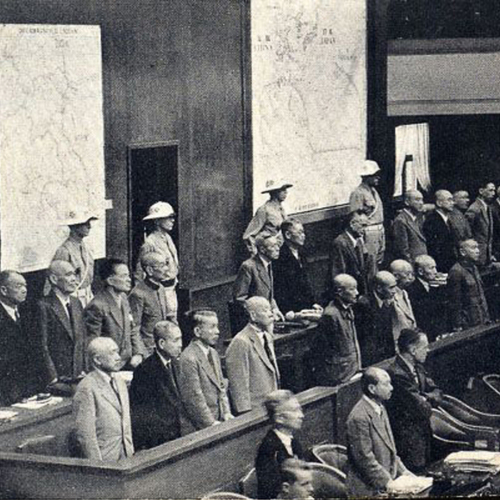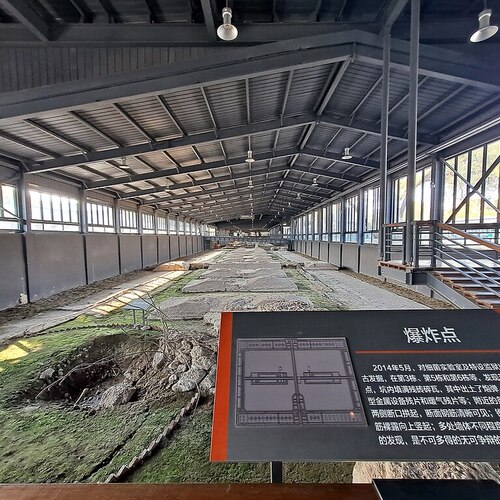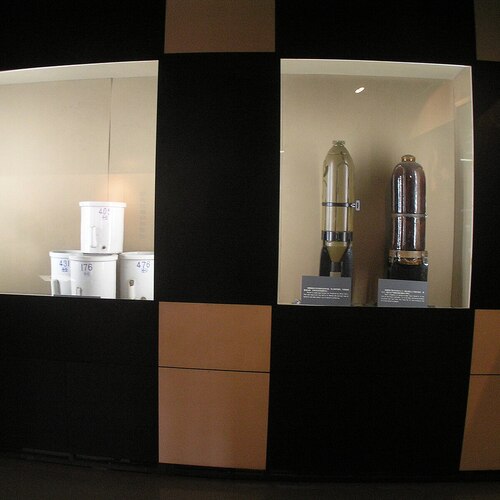Historical Context
Unit 731 was born out of Japan’s ambitions in East Asia during the early 20th century. By the 1930s, Japan sought to expand its influence across the region, and Manchuria became a critical hub for its military and economic activities. The establishment of Unit 731 reflected Japan’s recognition of the potential for biological weapons to serve as tools of mass destruction and terror, aligning with its broader strategy of subjugating enemy populations and advancing military dominance.
Operating under the pretense of epidemic prevention, Unit 731 was officially tasked with researching disease prevention and water purification. However, as Sheldon H. Harris explains in Factories of Death: Japanese Biological Warfare, 1932–1945, and the American Cover-Up, the unit’s true mission was to weaponize biological agents such as anthrax, cholera, and bubonic plague for use against enemy forces and civilian populations (Harris, 2002). Harris’s work provides a comprehensive overview of how the unit became a key player in Japan’s wartime strategy, systematically developing biological warfare capabilities while masking its true purpose.
“The Japanese Army, driven by the zeal of men like General Shiro Ishii, viewed the weaponization of disease as a tool to devastate enemies and subjugate civilian populations, turning science into a machinery of death” (Harris, 2002, p. 47).
The unit’s activities were led by General Shiro Ishii, a physician and military officer whose vision for biological warfare drove the unit’s operations. Ishii promoted the idea that human experimentation was essential for understanding how biological agents behaved under real-world conditions. He rationalized this brutality by framing it as a patriotic duty. Hal Gold’s Unit 731: Testimony captures the mindset of Unit 731’s leaders, highlighting their belief in the moral righteousness of their work. Gold recounts testimonies from former members who rationalized their actions as necessary sacrifices for the survival of the Japanese empire (Gold, 1996). This framing of scientific progress as a patriotic duty underscores the moral vacuum in which these atrocities occurred, where nationalistic fervor and military necessity outweighed considerations of human rights.
Hal Gold, in Unit 731: Testimony, recounts how Ishii instructed his subordinates to think of their work as serving the empire:
“Ishii’s propaganda led his team to see their victims not as people but as obstacles to Japan’s survival—a rationale that stripped away all moral considerations” (Gold, 1996, p. 82).
